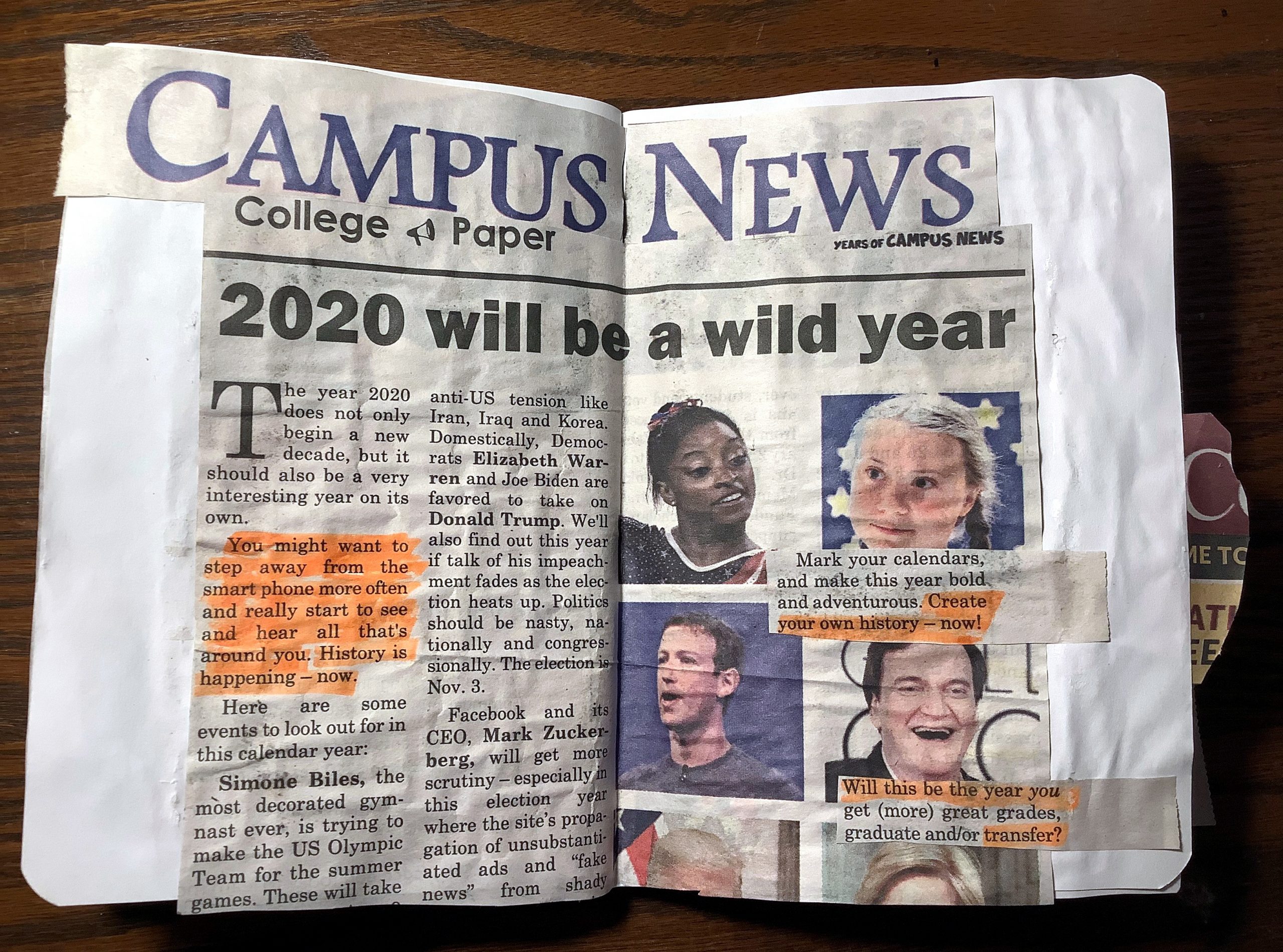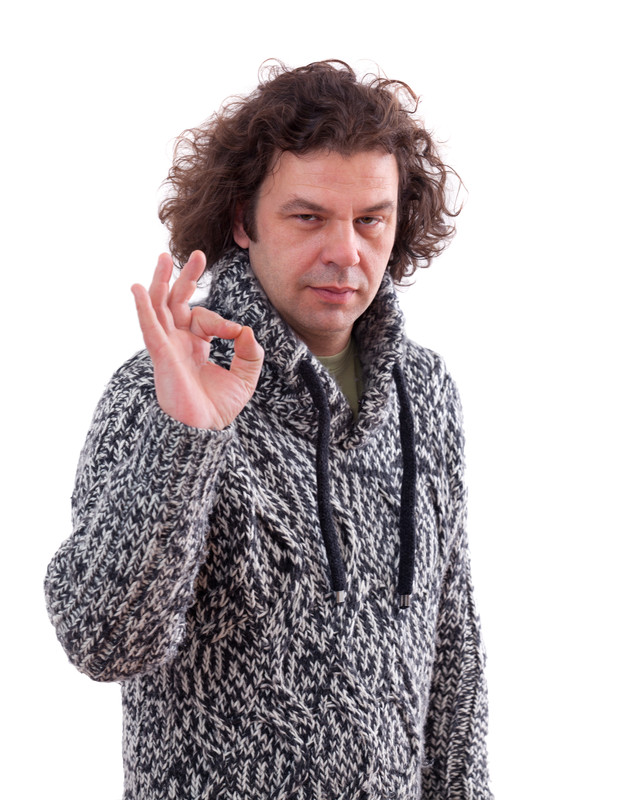
Editor’s Note: This is a “Best of Campus News” story, where we go into our vault and revive a great article from one of our past editions. This story appeared in August 2016.
By Laura LaVacca
Campus News
Warning! What you read may offend you.
This may be the new first statement across everything you encounter in life from the classes you choose to enroll in to the seminars you choose to attend. This may not be far off from what is happening to America’s campuses. These “trigger warnings” as they are called refer to sensitive material that may “trigger” unsavory responses in students who have dealt with such topics or are simply sensitive to them. This alert warns of distressing material in any video, picture, novel, etc. These many warnings are now calling into question free speech and the PC culture that’s starting to emerge.
Comedian Jerry Seinfeld recently stated that he will no longer perform on college campuses: “I don’t play colleges, but I hear a lot of people tell me, ‘Don’t go near colleges. They’re so PC.’ I’ll give you an example: My daughter’s 14. My wife says to her, ‘Well, you know, in the next couple years, I think maybe you’re going to want to be hanging around the city more on the weekends, so you can see boys.’ You know what my daughter says? She says, ‘That’s sexist.’ They just want to use these words: ‘That’s racist’; ‘That’s sexist’; ‘That’s prejudice.’ They don’t know what they’re talking about.”
Comedian Chris Rock has also followed suit.
Many may question why, and it seems to be the increased culture of political correctness or perhaps, as Seinfeld suggests, a misunderstanding overall. Comedy shows such as these would have to come with trigger warnings—and really what is the point of comedy then? What really is the point of college then? No free-thought? No profound discussions about hot button issues? What would be the significance of any discussions?
These questions and more are explored in a recent piece The Atlantic ran, entitled, “The Coddling of the American Mind.”
The article notes that these trigger warnings are mis-guided and “disastrous for education—and mental health.” The article asserts that “In the name of emotional well-being, college students are increasingly demanding protection from words and ideas they don’t like.”
The piece details the movement that is arising where campuses are “scrubbing” themselves clean of works, ideas and subjects that may cause discomfort. The author cautions against “the dangers” that this movement could pose “to scholarship and to the quality of American universities.”
In addition, President Barack Obama publicly defended the importance of free speech on campus in an interview with ABC News’ George Stephanopoulos. President Obama has addressed this issue for the second time this year. He explains that “Being a good citizen, being an activist, involves hearing the other side and making sure that you are engaging in a dialogue because that’s also how change happens.”
President Obama continues to name notable instances where free speech brought about revolution like the civil rights movement:
“And so when I hear, for example, folks on college campuses saying, ‘We’re not going to allow somebody to speak on our campus because we disagree with their ideas or we feel threatened by their ideas,’ I think that’s a recipe for dogmatism and I think you’re not going to be as effective.”
The article was published by The Foundation for Individual Rights in Education (FIRE). They are a nonprofit educational foundation that strives to unite “civil rights and civil liberties leaders, scholars, journalists, and public intellectuals from across the political and ideological spectrum on behalf of individual rights, freedom of expression, academic freedom, due process, and rights of conscience at our nation’s colleges and universities.” FIRE’s main mission is to preserve liberty across American campuses.
Obama’s words came on the heels of the turmoil that is plaguing Missouri.
Kate Manne, assistant professor at Cornell University, gives her explanation for the use of trigger warnings in her aptly named New York Times article, “Why I Use Trigger Warnings.” Manne explains how she’s been employing these warnings since the beginning of her lecture career and that they are not an invitation to simply skip class or homework assignments when students feel uneasy. “It is to allow those who are sensitive to these subjects to prepare themselves for reading about them and better manage their reactions.”
Manne argues that these warnings are simply to help students cope with their reactions and prepare themselves beforehand so as not to get “triggered” in class. She draws a parallel between these warnings and those given before movies or TV shows. “It’s not about coddling anyone. It’s about enabling everyone’s rational engagement.”
Maybe we should simply just take President Obama’s advice and understand the point of discussion and living in a democracy, “The purpose of that kind of free speech is to make sure that we are forced to use argument and reason and words in making our democracy work. And, you know, you don’t have to be fearful of somebody spouting bad ideas. Just out-argue them. Beat ’em. Make the case as to why they’re wrong. Win over adherents. That’s how things work in a democracy.”







Facebook Comments